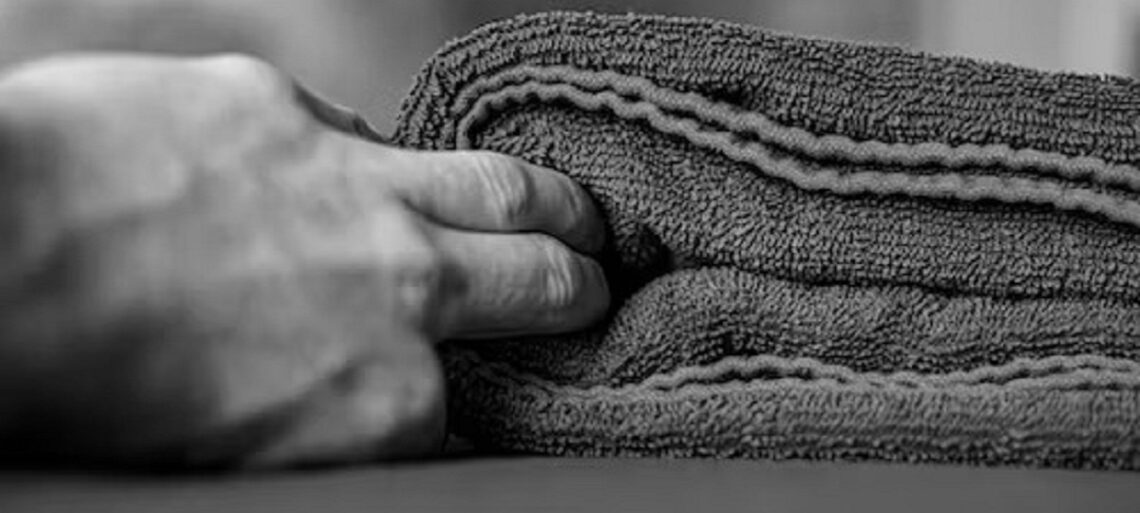
Can Masturbating Cause Prostate Cancer
There has recently been a lot of discussion and speculation concerning the possible relationship between masturbating and prostate cancer. This issue has sparked interest in both medical circles and the general population. Some myths and misconceptions have emerged, leading people to be concerned and confused. In this extensive post, we will dig into the issue, analyzing the scientific evidence-based association between masturbation and prostate cancer. So, let us separate reality from fiction and acquire a thorough grasp of the situation.
What is Prostate Cancer?
A particular kind of cancer called prostate cancer arises in the prostate, a little gland located in the male reproductive system. Age, ethnicity, and family history are just a few of the many risk factors that make this one of the most prevalent cancers in males. Urinating frequently, having trouble urinating, having blood in the urine, and experiencing back or pelvic pain are all signs of prostate cancer.
Exploring Masturbation
Masturbation, or self-stimulation for sexual pleasure, is a normal and widespread behavior in both men and women. It is a perfectly natural part of human sexuality that is unaffected by age. Masturbation may take many forms and varies from person to person. Some do it more regularly than others, while some do not do it at all. Masturbation is a personal choice, and the frequency with which it occurs is purely subjective.
Debunking the Myths
The idea that masturbation can cause prostate cancer has been around for decades, fueled in part by cultural taboos surrounding sexuality. The theory behind this myth is that frequent ejaculation, whether through masturbation or sexual intercourse, can lead to a buildup of toxins in the prostate gland, increasing the risk of cancer. Nevertheless, this assertion is unsupported by any scientific data.
Myth: Frequent Masturbation Causes Prostate Cancer
One of the most common myths is that regular masturbation increases the chance of acquiring prostate cancer. However, investigations looking into the relationship between the two have not revealed any clear link. Masturbation in moderation is not associated with an increased risk of prostate cancer.
Myth: Draining of Vital Energy
Another misconception holds that masturbation-induced ejaculation depletes important energy and minerals, potentially compromising general health. This view, however, lacks scientific evidence. Masturbation and ejaculation do not result in considerable nutritional or energy loss.
Myth: Impact on Testosterone Levels
Some think that masturbation causes a decline in testosterone levels, which can lead to a variety of health problems, including prostate cancer. While testosterone levels may fluctuate temporarily following ejaculation, this does not represent a long-term danger for prostate cancer or other health issues.
Understanding the Studies
Several research have been undertaken throughout the years to study the probable link between masturbating and prostate cancer. One prominent research, published in the journal European Urology, looked at the sexual behaviors of nearly 30,000 males. The researchers discovered no evidence to support the idea that frequent ejaculation increased the risk of prostate cancer.
Another study, undertaken by the Harvard T.H. Chan School of Public Health, examined data from over 1,000 individuals with prostate cancer. The study showed that frequent ejaculation, whether from sexual intercourse or masturbating, was not linked to an increased risk of prostate cancer.
The Beneficial Role of Masturbation
Masturbating, contrary to popular belief, may have certain health advantages, notably for prostate health. Ejaculation on a regular basis aid in the removal of pollutants and possibly dangerous compounds from the prostate gland. This cleaning procedure may be useful in lowering the risk of some prostate disorders.
Furthermore, masturbation may be an effective stress-relief therapy and may improve general well-being. Endorphins are released when a person masturbates, boosting sensations of pleasure and relaxation. It may indirectly contribute to better health outcomes by lowering stress.
Maintaining Prostate Health
While there is no proven link between masturbating and prostate cancer, it’s essential to prioritize overall prostate health. Here are some recommendations to maintain a healthy prostate:
- Balanced Diet: A diet rich in fruits, vegetables, and whole grains is beneficial for prostate health. Consume meals that are strong in antioxidants and omega-3 fatty acids.
- Regular Exercise: Engaging in physical activity can contribute to a healthy prostate. Aim for at least 150 minutes per week of moderate exercise.
- Annual Check-ups: As men age, regular prostate screenings become crucial. Early detection of any potential issues can lead to better treatment outcomes.
- Limit Alcohol and Tobacco Use: Excessive alcohol consumption and smoking have been linked to prostate problems. Moderation is key.
- Stay Hydrated: Drinking an adequate amount of water is essential for overall health, including prostate health.
Conclusion
In conclusion, the notion that masturbating promotes prostate cancer is a complete fallacy. This notion is not supported by scientific data, and multiple investigations have proven that there is no direct relationship between the two. Masturbation is a natural and common behavior that has no negative effects on prostate health. On the contrary, it may help promote prostate health by flushing out pollutants and lowering stress.
For correct information, like with any health problem, it is critical to depend on trustworthy scientific studies and consult medical specialists. It is critical to priorities overall prostate health through a healthy lifestyle and frequent check-ups. Let us dispel myths, tear down barriers, and promote open dialogue about sexual health and well-being. Remember that living a healthy lifestyle and making educated decisions are the keys to living a happier and healthier life.




